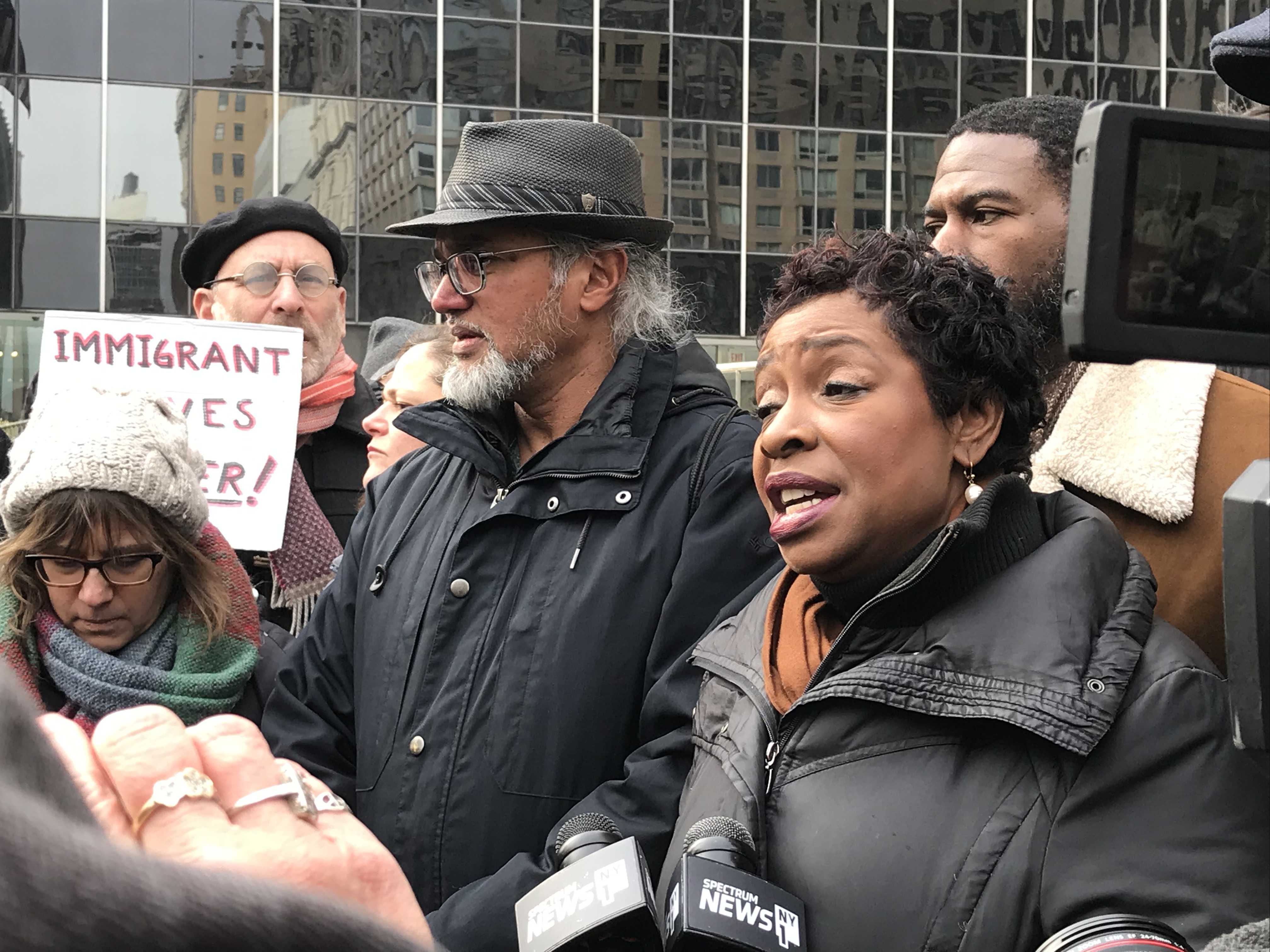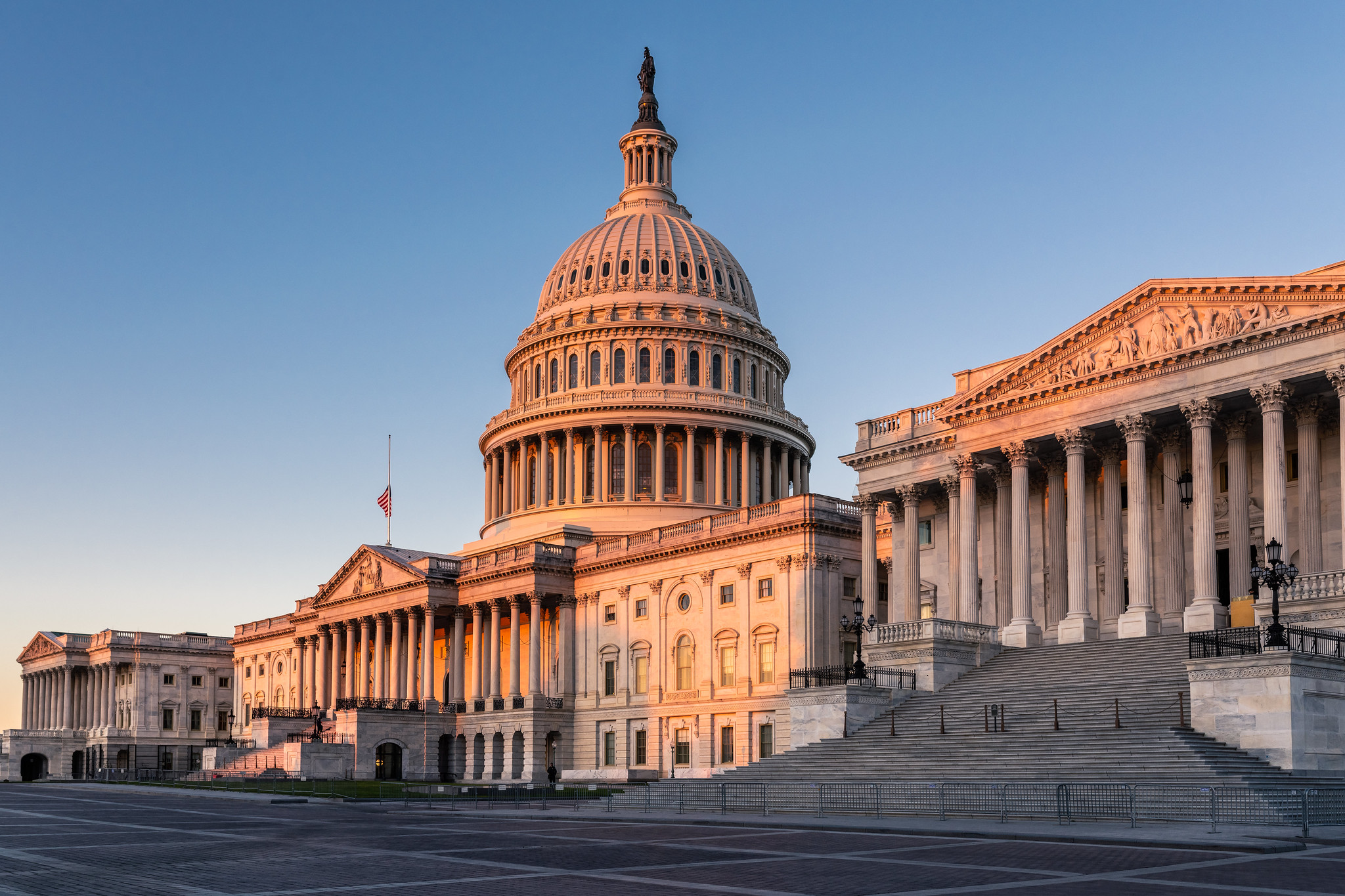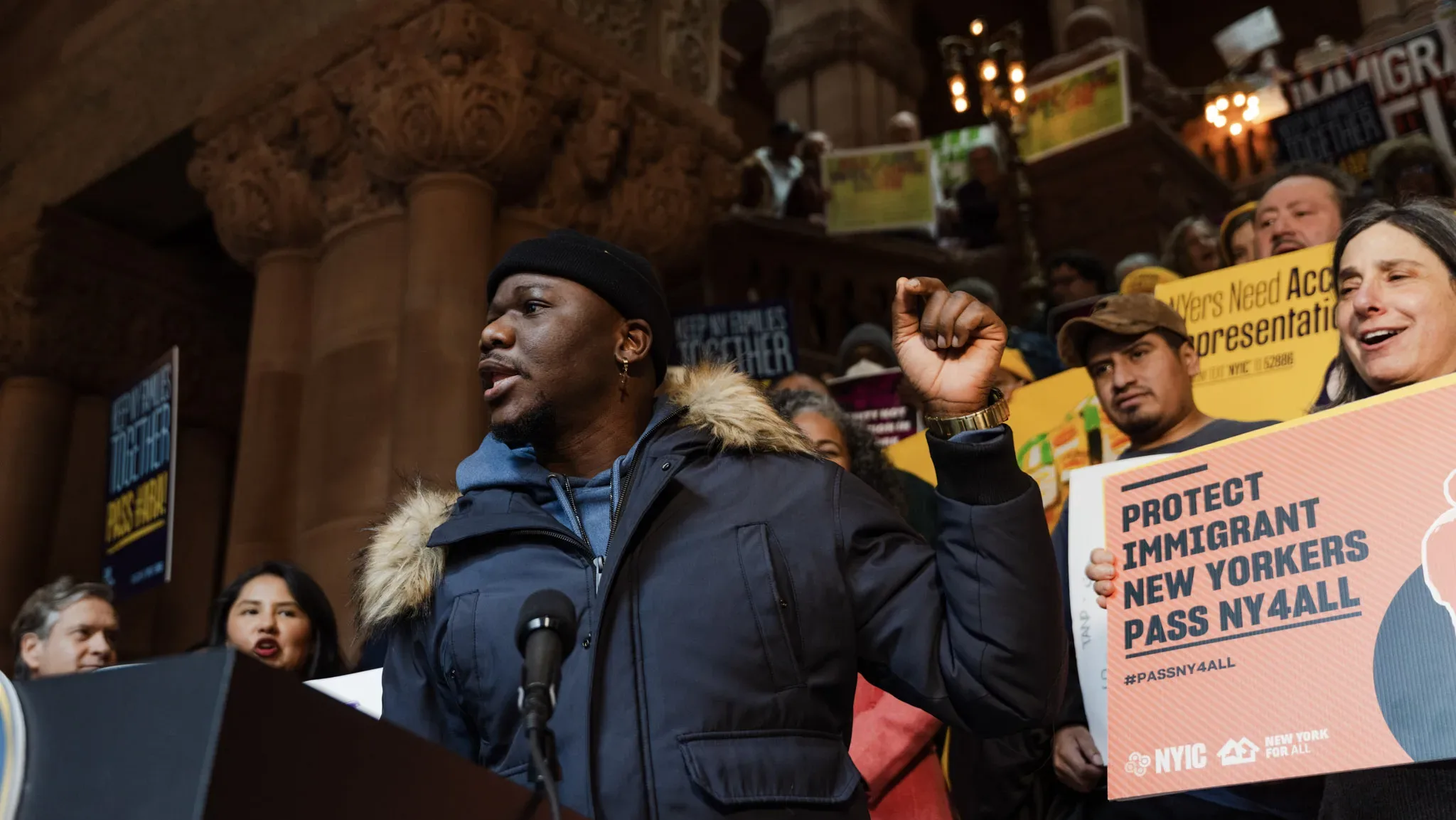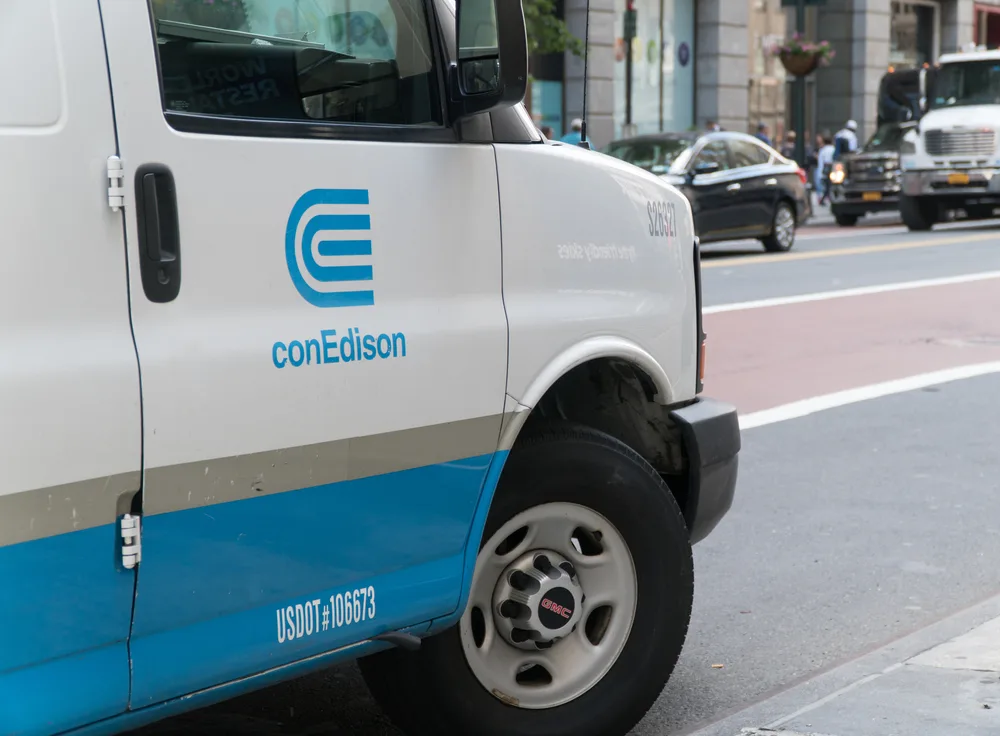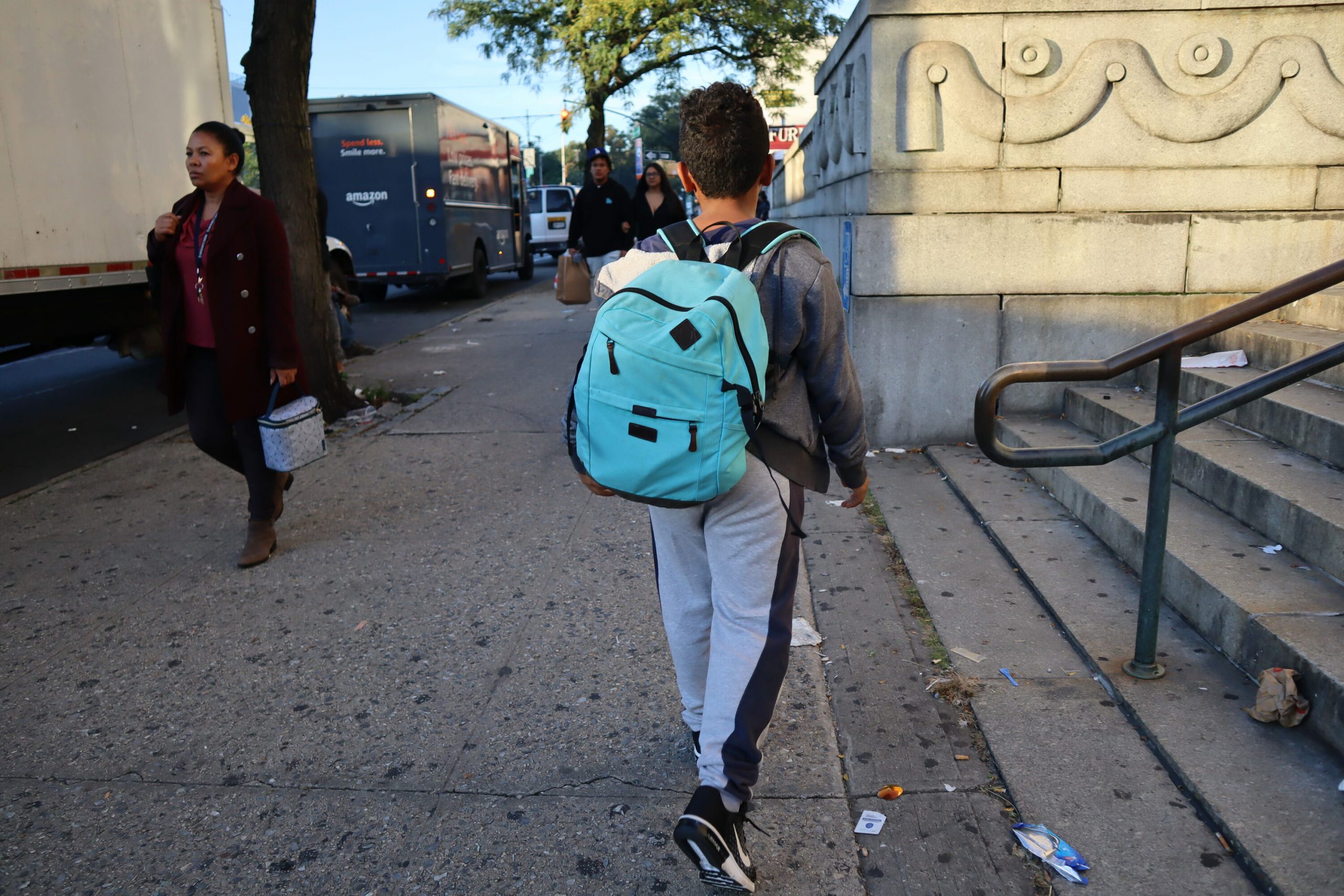U.S. Rep. Yvette Clarke, the Brooklyn Democrat recently assigned to the House Committee on Homeland Security, said she has discussed oversight of federal immigration enforcement with Committee Chairman and Mississippi Democrat Bennie Thompson.
She said she expects to send letters of inquiry about policies and procedures surrounding enforcement processes to supervisory personnel at agencies like U.S. Immigration and Customs Enforcement and Customs and Border Protection as early as a couple of weeks from now, along with colleagues in the House Judiciary Committee, which shares oversight duties for the Department of Homeland Security
“We may start with the letters of inquiry to get their response in writing of what the policy is, who setting the policy, how it’s being implemented, and certainly be reaching out to the Judiciary Committee to see whether the we can at least get our subcommittees together to do a joint hearing on what takes place in removal proceedings in the Department of Homeland Security,” Clarke told Documented in a phone conversation.
Last year, Democratic members of the Judiciary Committee wrote to then-Chairman Bob Goodlatte, a Republican from Virginia, that the committee was “failing to exercise” its oversight responsibilities by not holding hearings.
“Skirting” the law at Ragbir Protest
Clark’s initiative comes after she declared earlier this week that federal DHS personnel appeared to be “skirting” the law in their treatment of local immigrant rights advocate and New Sanctuary Coalition Executive Director Ravi Ragbir. She accompanied Ragbir on Monday to an ICE check-in, and reportedly had to intervene directly when Federal Protective Service officers tried to block his supporters from entering the ICE premises at 26 Federal Plaza in New York.
Clarke said she was disturbed by the officers’ treatment of Ragbir’s supporters. “There are DHS-identifiable officers who don’t have their names publicly displayed. There are contractors who are put in the position of having to use their discretion about who is admitted and under what circumstances, and I certainly want to know what type of training they have,” she said.
“The space in which the removal and check-in proceedings are held in is public space… For there to be unilateral decisions, not written in any policy or any law, that gives them the discretion to determine whether a person who is checking in has the ability to bring their spouse or immediate family… or their faith leader of faith community, or blocking publicly-elected officials from being witness to those proceedings does not sit well with me,” she said.
The immigration enforcement and legal system as a whole is notoriously opaque, with journalists, elected officials, and the public often coming up against seemingly capricious restrictions on access to spaces like immigration courtrooms or documentation like ICE operations policies.
Clarke said the problem of lack of transparency warranted examination, as well as federal immigration agencies’ reliance on private companies which may have their own policies and problems. “One of the things that I’ve become increasingly concerned about and really want to do a deeper dive into is the relationship between the private contracting and the need to be able to feed the beast, and the level of of adherence to human rights best practices within that closed system of detention and adjudication of cases,” she said.
Clarke said she expected her committee and Judiciary to focus on “the enforcement arms of Department of Homeland Security, particularly because of the language coming from the Trump Administration and how that places career professionals in a position of compromise. I think it’s important that we really get to the bottom of what is happening with the workforce, to the workforce, how they are viewing their directive, and whether in fact they are in keeping with best practices and the intent of the law.”
